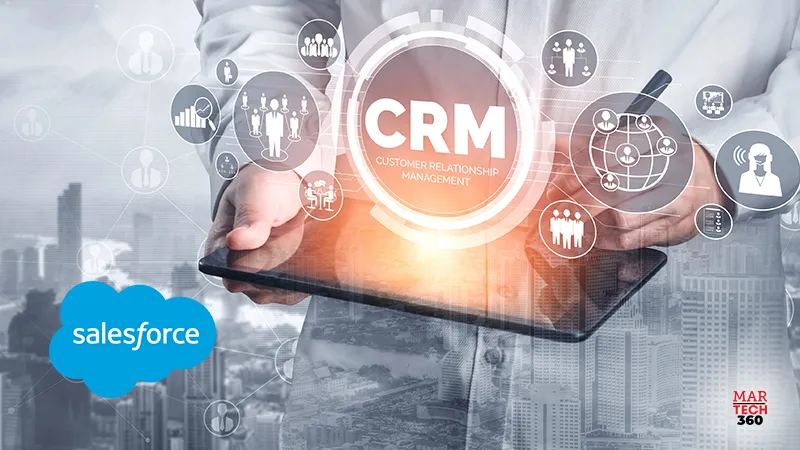Salesforce AI Research has introduced two new AI models, xGen-Sales and xLAM, designed to seamlessly integrate human workers with autonomous agents for enhanced data-driven actions.
In this release, Salesforce revealed xGen-Sales, a unique AI model specifically built to handle automated sales tasks through its Agentforce platform. Additionally, the company rolled out xLAM, a new set of Large Action Models (LAM) focused on complex task management and generating actionable outcomes. Together, these AI models aim to allow Salesforce customers to quickly implement autonomous AI agents capable of making decisions at scale.
By refining xGen-Sales to optimize industry-specific tasks, Salesforce has equipped this model to handle everything from generating customer insights to tracking sales pipelines. This enhances the capability of Agentforce agents, enabling them to autonomously manage sales processes and support reps with greater accuracy and speed. In fact, Salesforce’s internal testing shows that xGen-Sales has outperformed other larger models in key metrics.
Also Read: Kilimanjaro Consulting welcomes RECIPE marketing to the Tribe
Enhancing Collaboration Between Humans and AI Agents
xGen-Sales represents a significant step toward a new category of language models known as Large Action Models (LAMs). Unlike traditional Large Language Models (LLMs), which are mostly geared toward content creation and often need human oversight, LAMs excel at function-calling — executing commands within systems to automate tasks. This allows AI agents to independently perform actions on behalf of users.
In addition to xGen-Sales, Salesforce has developed the xLAM family of models, which offers better performance at lower costs compared to other complex models. For instance, the xLAM-1B model, although smaller with only 1 billion parameters, has shown better results than much larger and more expensive alternatives. This open-source model aims to push forward research, while Salesforce uses even more advanced versions for its Agentforce platform.
Why It Matters: Today’s businesses need AI agents capable of taking over routine tasks, allowing employees to focus on higher-level strategies. These models not only understand the tasks they’re built to complete but also recognize when it’s necessary to involve a human for final checks, ensuring accuracy and quality. Salesforce’s recent CRM model benchmarking tool gives organizations a way to compare various LLMs and select the right one for their needs.
“Building custom AI models from scratch can be both expensive and frustrating,” said Silvio Savarese, Chief Scientist at Salesforce. “With Agentforce, we deliver models tailored specifically to your business, helping you achieve measurable results.”
Behind the Scenes: To develop xLAM, Salesforce AI Research created APIGen, a proprietary data pipeline for generating high-quality synthetic data. The results were immediate, with xLAM models outperforming larger competitors like GPT-4 in function-calling tasks. Notably, the xLAM-8x22B model topped the Berkeley Leaderboards, while the xLAM-8x7B ranked sixth — both models smaller than others in the field.
The xLAM family includes four models:
- Tiny (xLAM-1B): With 1 billion parameters, this compact model is ideal for applications on devices with limited computing power, like smartphones.
- Small (xLAM-7B): Designed for academic research, this model excels in lightweight environments where resources are limited.
- Medium (xLAM-8x7B): This model offers a mix of performance and efficiency for industrial use, balancing speed with resource consumption.
- Large (xLAM-8x22B): Geared for organizations with significant computational resources, this model delivers optimal performance.
Customer Insights: “The AI models from Salesforce give us the confidence we need to deploy effective and scalable AI solutions over time,” said Rena Bhattacharyya, Chief Analyst at GlobalData. “Salesforce is leading the charge in the AI Agent space.”
Salesforce’s Vision: “We see a future where AI helps sellers work more efficiently, giving them more time to focus on customers,” said MaryAnn Patel, SVP of Product Management at Salesforce. “The xGen-Sales model is designed to empower companies with generative AI solutions that support their sales teams through Agentforce.”
Salesforce AI Research, the company’s dedicated AI lab, focuses on advancing the use of AI in business, driving innovation through foundational research that informs product development.


Comments are closed.